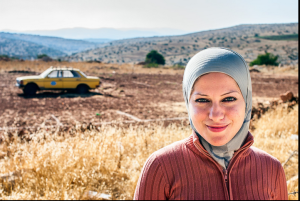February 2011: The View from CPD
The 2011 uprisings in the Middle East have proved that democracy retains its appeal, even to people who have long lived without it. These events also
showed the power of media to galvanize and unify. Social media, which can be defined as easily accessible media that foster social interaction, have attracted much attention and have been given credit for being the principal mobilizing tools in Tunisia, Egypt, and elsewhere.
But those who are committed to democratic reform should not overrate the influence of Facebook, Twitter, YouTube, and other social media. Facebook, for instance is used by only 17 million people in the Middle East, which is about 5 percent of the Arab states‟ population. Even basic computer use in the region is limited to approximately 20 percent of the Arab citizenry.
Television, however, is everywhere; just look at the satellite dishes that cluster along the skylines of almost every Arab city. The events of 2011 were fostered by a marriage between the newer social media and pan-Arab satellite television channels, principally Al Jazeera and Al Arabiya. In addition to providing their own reporting, TV news organizations served as aggregators of social media content, scooping up the most newsworthy items from Internet-based media and delivering them to television‟s vast audience.
Media play an important role in the complex process of political change. The practice of diplomacy has changed since media removed the cushion of time that diplomats had for so long relied on. A positive aspect of this can be found in opportunities for media-centered public diplomacy programs that bypass governments and directly engage foreign citizens. Change requires the transformation of political institutions, a complicated evolution in which media—social and other kinds—play an influential but not determinative role.
At the heart of substantive political change is the courage and determination of people who want to better their own lives and those of their fellow citizens. Media are useful, but in the end only people can make a revolution.
Tags
Most Read CPD Blogs
-
January 29
-
January 20
-
January 28
-
January 2
-
January 8
Visit CPD's Online Library
Explore CPD's vast online database featuring the latest books, articles, speeches and information on international organizations dedicated to public diplomacy.









Add comment